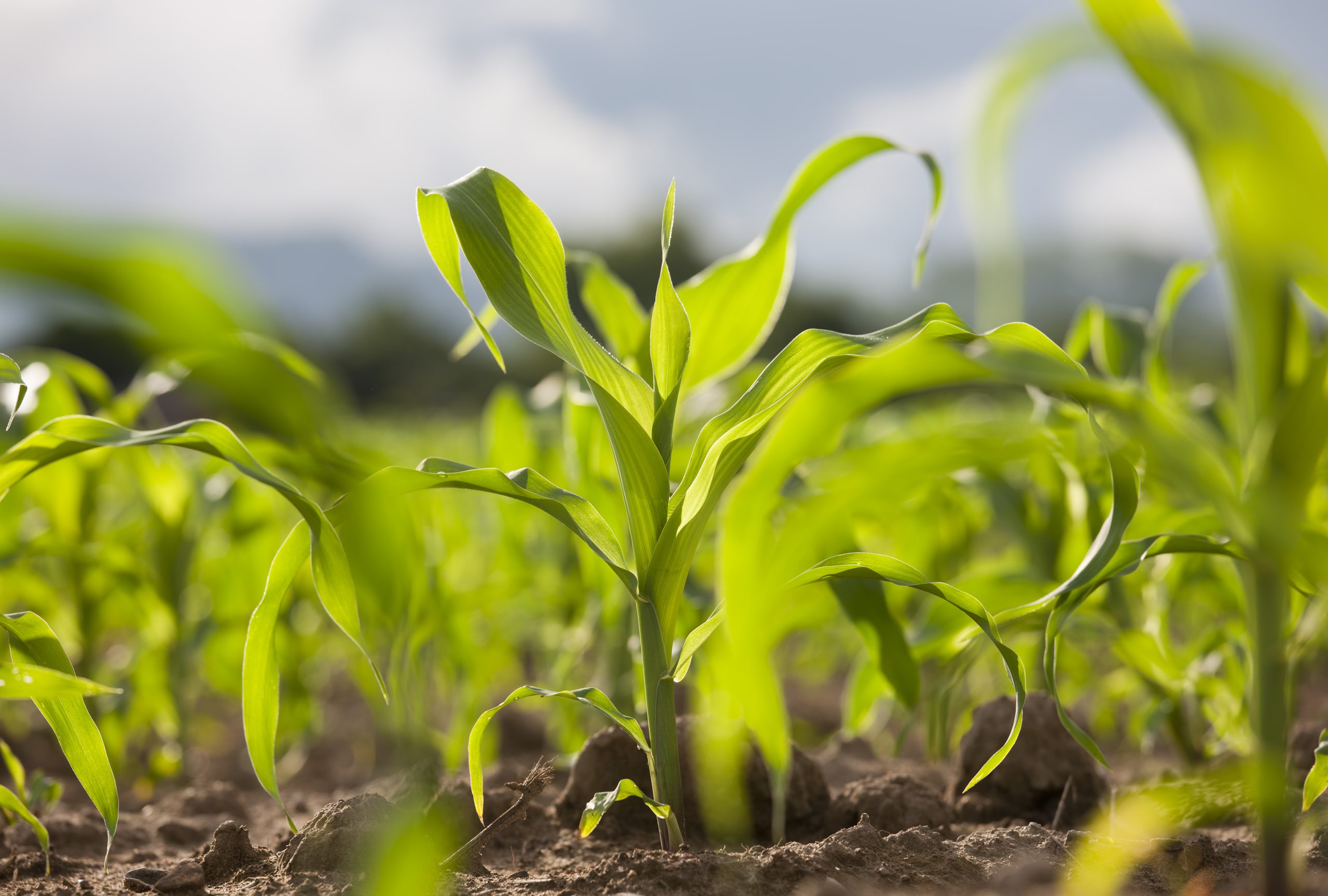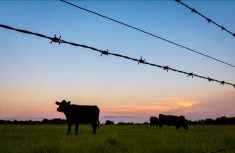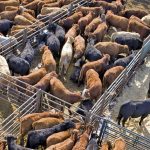Chicago | Reuters — U.S. hog futures slipped on Tuesday, as uncertainty about details from the U.S.-China “Phase 1” trade agreement continued to make the market nervous, brokers said.
Meanwhile, Chicago Mercantile Exchange (CME) live and feeder cattle futures continued to consolidate after Friday’s big price rally in the wake of the trade agreement news.
U.S. lean hog futures ground higher for much of the day, but eased back late in the session, as the market’s hopes for more details failed to materialize over what agricultural commodities China plans to buy from the U.S. next year — and in what quantities.
Read Also

U.S. grains: Soybeans gain on lackluster harvest sales, lower yield outlook
Chicago | Reuters – U.S. soybean futures rose for a second straight day on Wednesday on expectations that U.S. harvest…
Traders pointed out that even though pork exports are continuing to surge, U.S. hog slaughter numbers has been hitting historic rates this month.
“We’re on pace to export $1 billion worth of pork products,” said Jeff French, an analyst with Top Third Ag Marketing in Chicago (all figures US$). “The question is, how much will China buy in 2020?”
The Phase 1 trade agreement, announced by Washington and Beijing on Friday, is expected to stimulate Chinese purchases of U.S. pork — which in turn, traders said, could create domestic and export demand for U.S. beef as pork supplies are drawn down.
China is the world’s largest hog producer and pork consumer, but its domestic pork prices have soared as an outbreak of African swine fever has hit its hog herd. China stepped up purchases of U.S. pork this year, but the trade war has acted as a brake.
“I think that in the hog market, it’s disappointing that futures aren’t up more on the trade news from last week,” said Don Roose, president of U.S. Commodities in West Des Moines, Iowa. “But the market is taking a ‘show-me’ attitude now, when it comes to this trade deal.”
CME February lean hog futures settled the day down 0.65 cent at 69.85 cents/lb.
In the live cattle market, a futures price premium continues to hang over cash prices, with most traders expecting the cash trade to remain steady this week.
As the contract trading volumes begin to slow down ahead of the holidays, French said, most traders are not expecting much to change heading into the holidays.
The benchmark February live cattle contract settled down 0.95 cent at 126.3 cents/lb.
January feeder cattle futures eased down 0.1 cent to close at 145.15 cents/lb.
— Reporting for Reuters by P.J. Huffstutter in Chicago.














